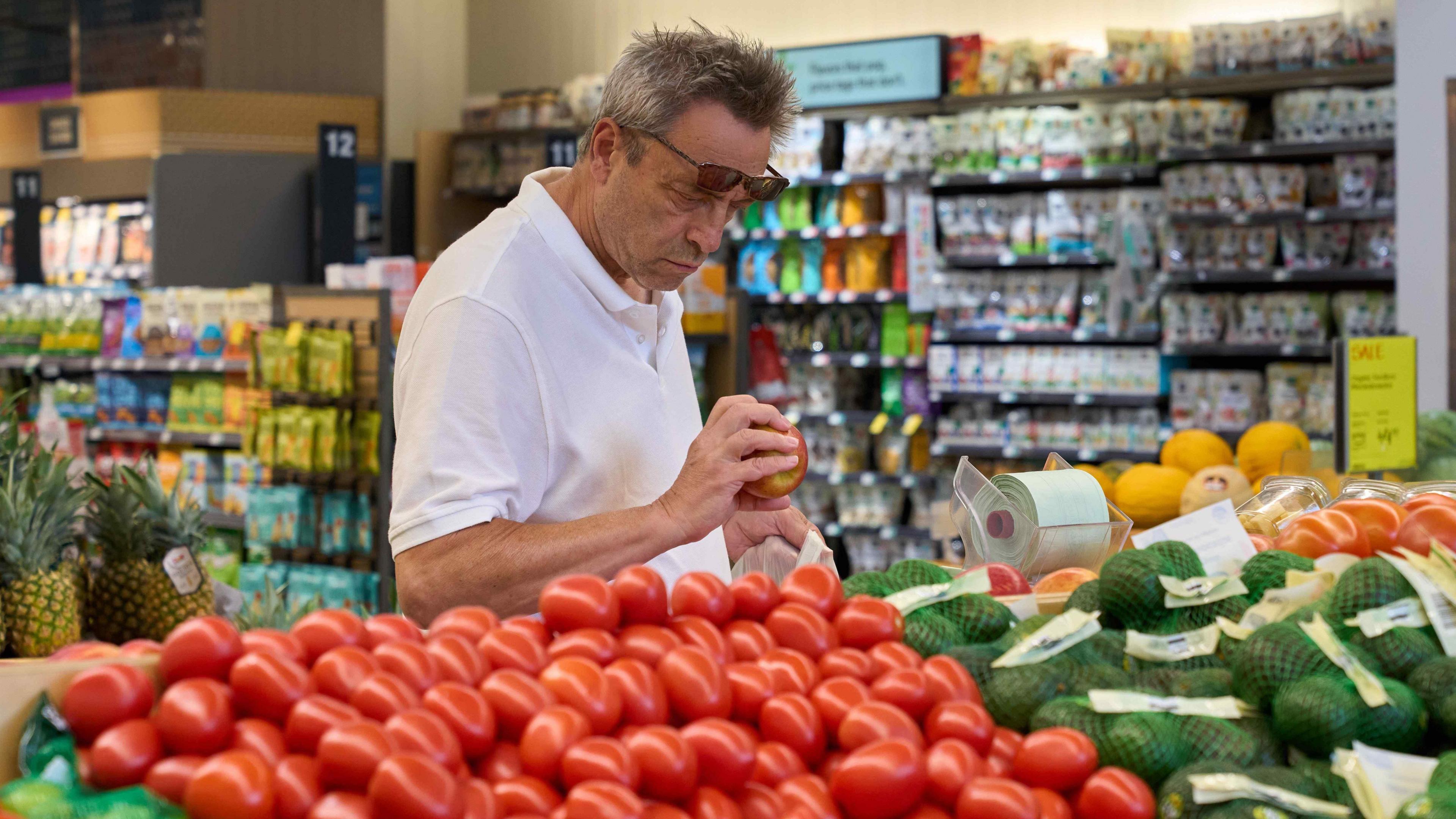Trump rolls back tariffs on dozens of food products

- Published
US President Donald Trump has signed an executive order allowing a range of food products, including coffee, bananas and beef, to escape his sweeping tariffs.
The move comes as his administration faces mounting pressure over rising prices. While Trump previously downplayed concerns about the cost of living, he has focused on the issue since his Republican Party's poor performance in last week's elections.
The dozens of products included on the White House's list of exemptions range from avocados and tomatoes to coconuts and mangoes.
These goods, the Trump administration said on Friday, cannot be produced in sufficient quantities domestically.
Trump has long said that his tariffs - currently a baseline 10% on imports from all countries, with additional levies on many trading partners - would not lead to increased prices for US consumers. He also said affordability was a "new word" and a "con job" by Democrats.
But the latest exemptions signal a reversal, as the Trump administration seeks to lower prices by walking back levies on some food staples.
Economists have warned that companies would pass the cost of tariffs onto their customers in the form of higher prices.
While inflation remained milder than many analysts had expected in September, most items tracked in the Department of Labor inflation report showed price increases, with groceries up 2.7% from last year.
The Trump administration's new tariff exemptions for food products take effect retroactively at midnight on Thursday 13 November, the White House said.
In another move to address concerns among consumers about grocery prices, the Trump administration said import taxes on coffee and bananas will be lowered as part of trade deals with four Latin American countries.
This week, Trump and Treasury Secretary Scott Bessent both vowed to lower coffee prices, which have jumped about 20% in the US this year.